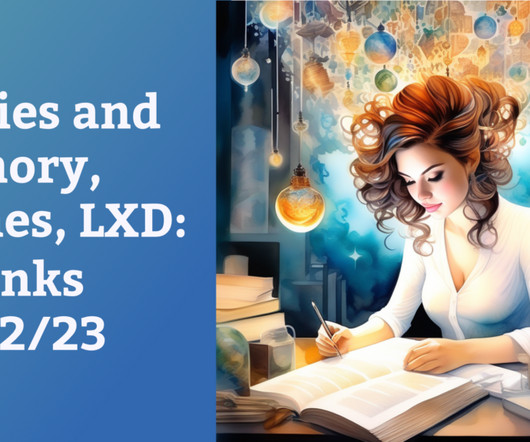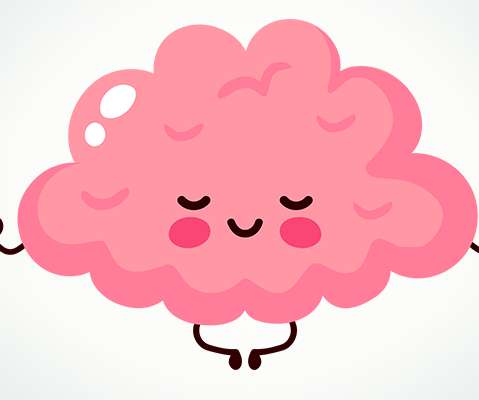Online training in empathic mode
KnowledgeOne
SEPTEMBER 24, 2020
Empathy consists of two dimensions, one emotional and the other cognitive. It has been demonstrated that teaching can benefit from increased empathy in the pedagogical relationship (Poirier, 2013; Cooper, 2011; Gribble & Oliver, 1973; Washburn 2008). The first refers to the ability to feel the emotional state of the other.















Let's personalize your content